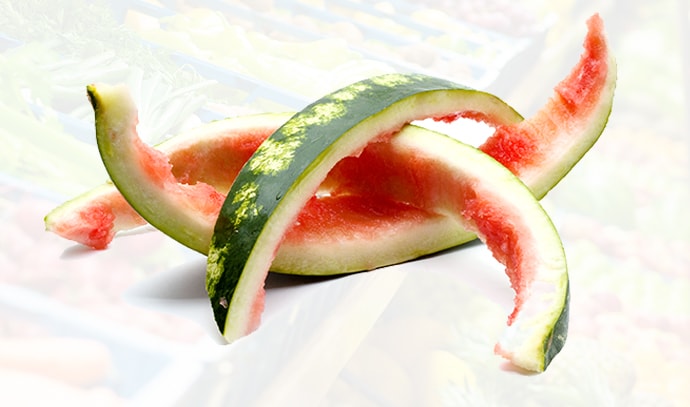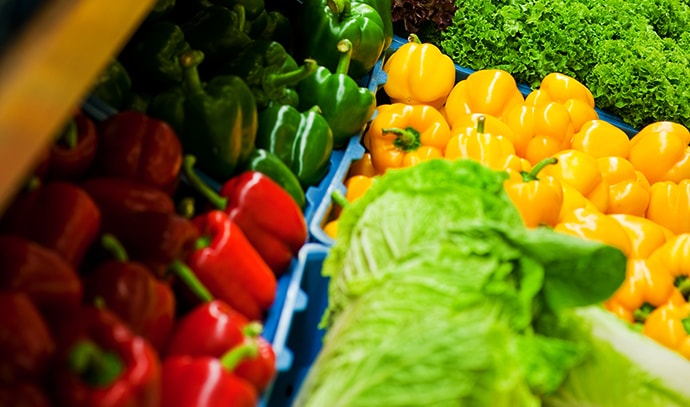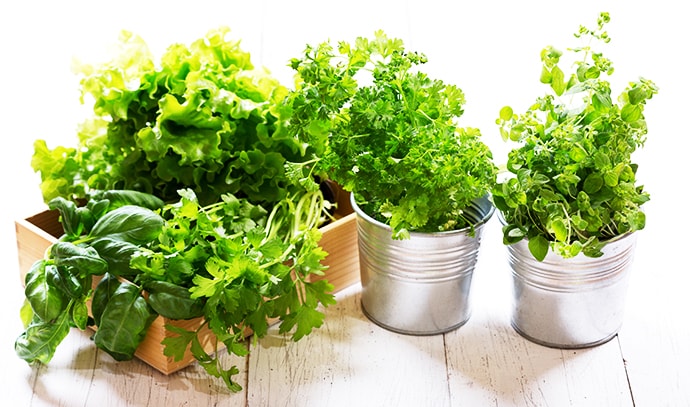fruits-vegetables-produce-grocery-store-pineapple-carrots-beets
5 easy steps to more sustainable eating
Katie Adema, April
2016
Between the myriad cooking shows blasting from the tele every night, to the rise of food bloggers across social media sites, it seems that we spend a great deal of time thinking about what we eat.
But while we give a lot of thought towards whether what we put in our mouths will be tasty, nutritious and filling, perhaps we should also consider how sustainable our eating habits are.
Making a difference doesn’t entail forcing the whole family to go vegan or turning the backyard into a vegetable patch and chicken coop – fortunately, there are some very simple practises you can introduce in the kitchen to do your bit for the environment.




Use all those scraps
It may seem silly to save just a few slices of fruit or the end of a zucchini, but hold that garbage bag! Everything can be used, no matter how small. Leftover veggies that are looking a little sad and limp can be thrown into a soup, and old fruit scraps can be put through a juicer. Another option is to start a compost heap in your yard to make sure absolutely nothing goes to waste! Plus, your garden will thank you for it.Eat what’s in season
See the piles of vegetables and fruit on special over there? Those are likely to be the varieties that are currently in season, and therefore are better for you and for the environment at this time. Most supermarkets or greengrocers will provide seasonal special and recipe ideas for their customers, so you don’t even have to knock out a quick Google search for this information.
Go vego
Nobody panic – its not an all or nothing situation involving eating only salad forever. Simply ditching meat for just a few meals a week makes your overall eating style much more sustainable and eco-friendly, and it doesn’t have to be at the sacrifice of flavour. And why not go one step better – go completely animal product free for just one or two meals and make friends with plant proteins like kidney beans, chickpeas, brown beans, tofu, tempeh, falafel and lentils. Upping your vegetable intake is great for the whole family, and tends to be cheaper too!Make the switch to sustainable
This refers to both meat and seafood – when its an option, opt for locally sourced and grass-fed meat, and seafood that has been fished rather than produced on a fish farm. You don’t even have to go past your local supermarket to find eco-friendly options - most sustainable seafood is clearly marked (buy Australian products if you can!) and choose free-range meat and poultry.



